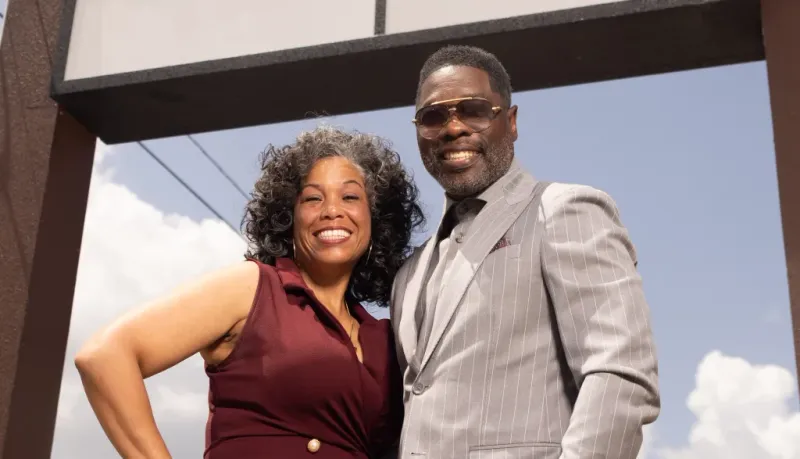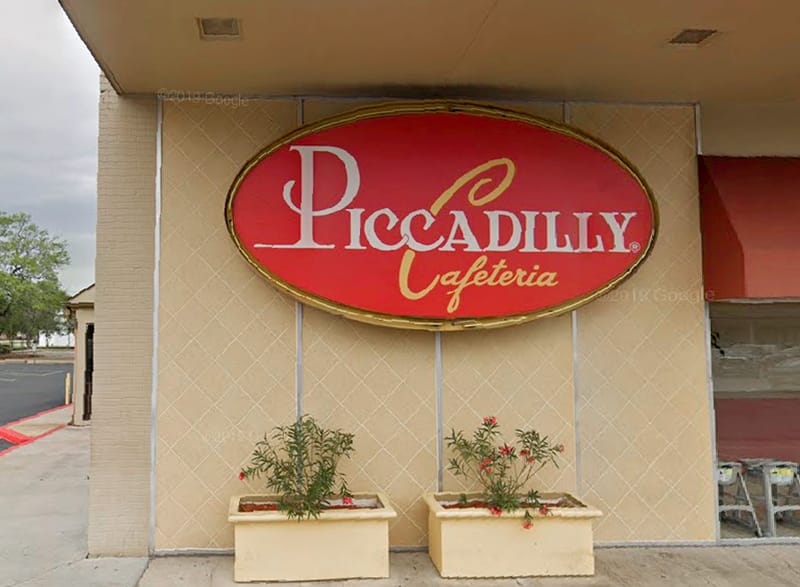Loan Denials Hit Minority-Owned Businesses Harder, Report Finds

Black and Hispanic entrepreneurs faced significantly higher rejection rates for business loans in 2024, highlighting persistent gaps in access to capital despite decades of efforts to close them.
A new analysis by LendingTree found that 39% of Black-owned businesses were denied financing last year—the highest among all groups. Hispanic-owned businesses followed at 29%. By comparison, only 18% of white-owned businesses experienced denials.
Overall, about one in five businesses were turned down for loans or credit, a figure largely unchanged from 2023. Yet beneath the stable national number lies a deeper inequity. Smaller firms and younger businesses bore the brunt of denials. Companies with just one to four employees faced rejection 26% of the time, and firms operating three to five years recorded the highest rate at 29%.
SBA loans and credit lines proved the most difficult to secure, with nearly half—45%—being rejected. Community development financial institutions, often promoted as a resource for underserved areas, denied more than a third of applicants. Large banks weren’t far behind at 31%.
High interest rates, inflation, and a sluggish job market have made lenders cautious, according to Matt Schulz, LendingTree’s chief consumer finance analyst. “Banks pull back in risky, unpredictable times,” he said. “Standards for lending to consumers and businesses have been tight for some time, and that’s unlikely to change soon.”
The findings underscore an ongoing challenge for minority entrepreneurs: while their businesses often play critical roles in local economies, they continue to encounter more closed doors when seeking capital.






